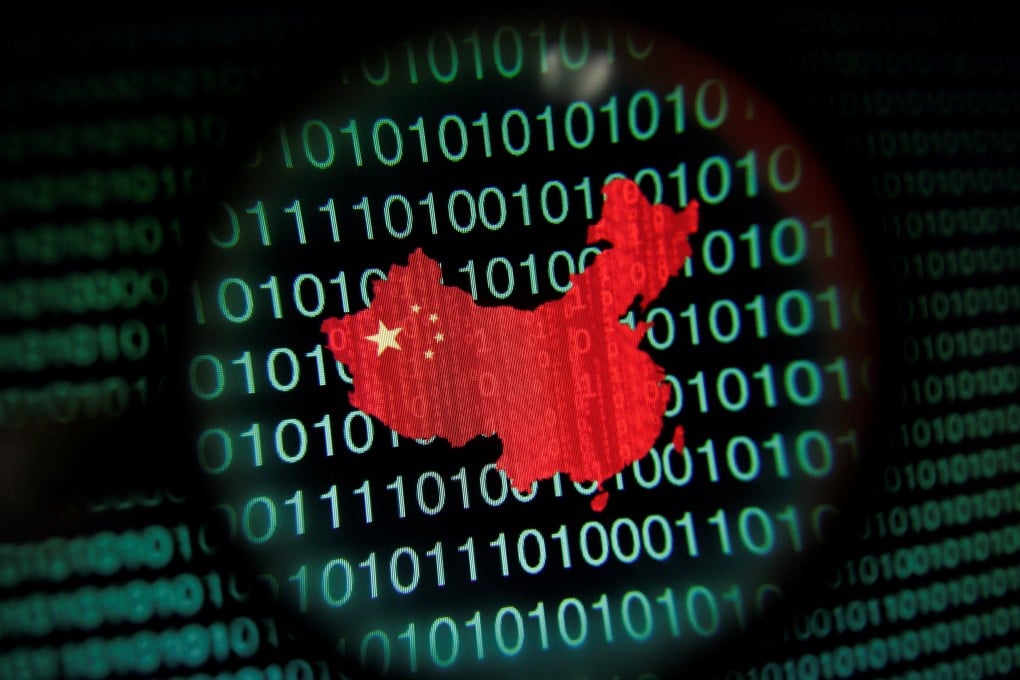Is China the ‘Country X’ Singapore’s foreign interference law dare not name? ‘There are no angels in this game’, Shanmugam says
- Critics widely assume the Fica act, which has drawn flak for its extensive powers and broad wording, is aimed at Beijing’s cyberespionage activities, but the home affairs minister points out Western powers like the US are no strangers to meddling
- ‘Naming and shaming’ is a ‘nuclear option’ that Singapore is best to avoid with some countries or it risks too high a political cost, experts say. Even so, calling out the US is a sign of a relationship with ‘a certain resilience’

With widespread civil society concern over the breadth of discretionary powers written into the Foreign Interference (Countermeasures) Act, or Fica, the opposition leader Pritam Singh said he could not recall any other piece of recent legislation that was “understood in such a diametrically opposing way” by the government and the public.
In nearly 11 hours of debate, MPs from Singh’s Workers’ Party raised the alarm on numerous aspects of the bill including its broad wording, near-complete proscription of judicial review and the handing of appellate powers to an executive-appointed tribunal instead of the open court process.
The law, which was approved by the PAP-dominated legislature, aims to deal with foreign meddling in two ways: by targeting “hostile information campaigns” and by regulating interference through local proxies.

Foreign policy experts had previously surmised that Fica’s enactment was being pushed through amid signs of growing Chinese cyberespionage operations across Asia.